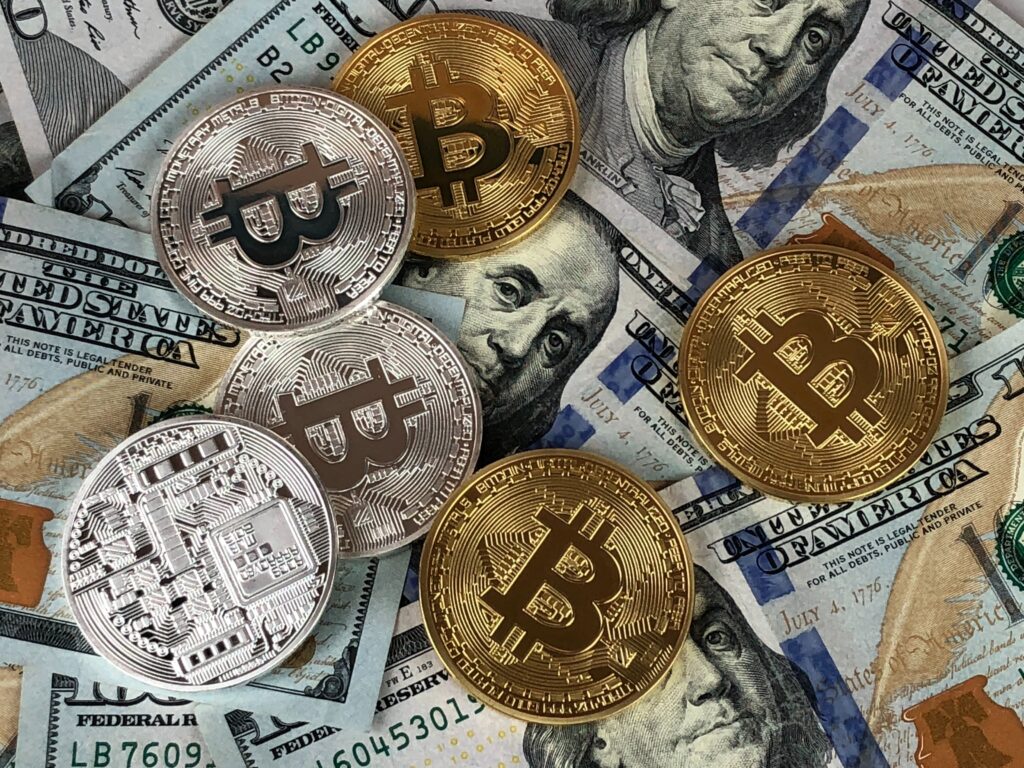Cryptocurrency is a type of digital currency that can be used to conduct transactions and make investments. It has grown in popularity recently, and many people are interested in investing in it. However, understanding the fundamentals of cryptocurrency can be difficult for new investors.
Satoshi Nakamoto created the first decentralized cryptocurrency called “Bitcoin” in 2009. Since then, numerous other cryptocurrencies have been created, often referred to as altcoins.
What Can You Do With Cryptocurrency?
You can buy and sell goods and services, exchange money between individuals or businesses, and trade on cryptocurrency exchanges.
What is a Blockchain?
Blockchain is a continuously growing list of records, called blocks, which are linked and secured using cryptography. Each block typically contains a cryptographic hash of the previous block, a timestamp, and transaction data. By design, blockchain is inherently resistant to data manipulation. Compared to conventional methods of recordkeeping and data storage, the usage of blockchain technology offers multiple potential advantages, including automated reconciliation, faster transactions, higher security, lower costs, improved transparency, and an immutable audit trail.
How Does Crypto Work?
Mining is the process by which new transactions are added to a blockchain. Blocks represent collections of transactions that are verified and added to the blockchain. Transactions are records of exchanges between two parties and are stored in a block. Miners use special software to solve complex mathematical problems to verify transactions in a block. When a miner successfully validates a transaction block, they are rewarded with cryptocurrency in exchange for their work. This process is known as proof of work (POW). Once mined, the verified transactions are added to the block, which is then added to the blockchain. Each transaction is verified and stored on the blockchain and cannot be manipulated or changed once it is added.
Security of Cryptocurrency
All cryptocurrency transactions are encrypted, making it difficult to forge or double-spend coins. All transactions must be confirmed by miners before they can be recorded on the blockchain, and coins can only be spent once. Multi-signature wallets, cold storage wallets, hardware wallets, paper wallets, and secure messaging protocols are some of the cryptocurrency security measures that can be used to protect coins from theft or hacking.
Exchanges
Exchanges are platforms that allow users to buy and sell cryptocurrencies, such as centralized exchanges and decentralized exchanges. When selecting an exchange, it is important to consider factors such as fees, user reviews, security measures, and supported currencies.
If you’re curious about transaction fees in cryptocurrency, keep in mind that the majority of exchanges use the maker-taker fee model rather than imposing fixed transaction fees. You pay these maker and taker charges in order to open and close your positions.
To put it another way, you pay a maker fee for each limit order and a taker fee for each market order. Because placing a limit order on a crypto exchange instantly makes you a liquidity provider, the maker fee is usually lower than the taker fee. Limit orders are not immediately executed, so they sit in the order book, improving liquidity.
There are many different crypto exchanges available today, each with their own unique features and benefits. Here is the list of the top five exchanges where you can buy and sell crypto:
- Binance
- Coinbase
- Kraken
- Crypto.com
- Gemini
Binance : Binance Exchange is a leading cryptocurrency exchange that was created in Hong Kong in 2017. Binance has a maker/taker fee system, with costs varying depending on trade volume and Binance Coin (BNB) balance. In general, bigger volume trades are subject to reduced fees.
Maker and taker fees for a regular user is 0.1000%.
Coinbase: In 2012, Coinbase was established as a platform for sending and receiving bitcoin. Coinbase is a cryptocurrency trading and investment website that allows users to purchase, trade, and exchange over 200 tradable cryptocurrencies.
Depending on the trade size which could vary between less than ten dollars to 200 dollars, your coin base fee would range from $0.99 to $2.99.
For trade size above $ 200, transactions are subject to a spread fee of 0.50%.
Before we move on to the next exchange, let’s find out what is a spread.
The spread is the price difference between the amount you pay to buy or sell a cryptocurrency and the asset’s current market price.
Coinbase incorporates a spread in the price when you buy or sell cryptocurrencies, as well as in the exchange rate when you convert cryptocurrencies.
Kraken : Kraken is a cryptocurrency exchange that was launched in 2011 in San Francisco and now has offices all over the world. Kraken is a large cryptocurrency exchange that allows you to buy, sell, and exchange a wide range of cryptocurrencies, including market leaders Bitcoin and Ethereum.
Pricing is determined by your 30-day total trading volume. The maker charge ranges from 0% to 0.16%, depending on the total amount of trading during the previous 30 days. The taker fee, on the other hand, might range from 0.10% to 0.26%.
Crypto.com: In 2016, Crypto.com was established in Hong Kong. With more than 10 million customers globally, it provides over 250 cryptocurrencies.
The fee structure of Crypto.com is tiered, where the maker fee offered varies from 0 – 0.0750% based on your tier level. On the otherhand taker fee ranges from 0.0500% – 0.0750%.
Gemini: Gemini Trust Company LLC is a cryptocurrency exchange that offers over 100 assets for purchase, sale, and trading. The platform offers extensive account security and compliance safeguards in addition to a a range of cryptocurrencies.
In contrast to many other exchanges, Gemini charges different amounts based on how much you trade and which platform you use. For instance, Gemini offers both a desktop and a mobile fee schedule.
Fees for trades more than $50 but less than $200 can range up to $2.99, or 1.49% for trades of $200 or more.
Daleel takeaways:
- Cryptocurrency provides many potential benefits over traditional methods of recordkeeping and data storage, from transaction speed, accuracy, and security to transparency and cost reduction.
- Minors will be compensated for mining cryptocurrency and verifying transactions.
- Cryptocurrency can be complex and overwhelming. However, with the right resources and knowledge base, it can be an exciting venture that offers significant potential returns.




